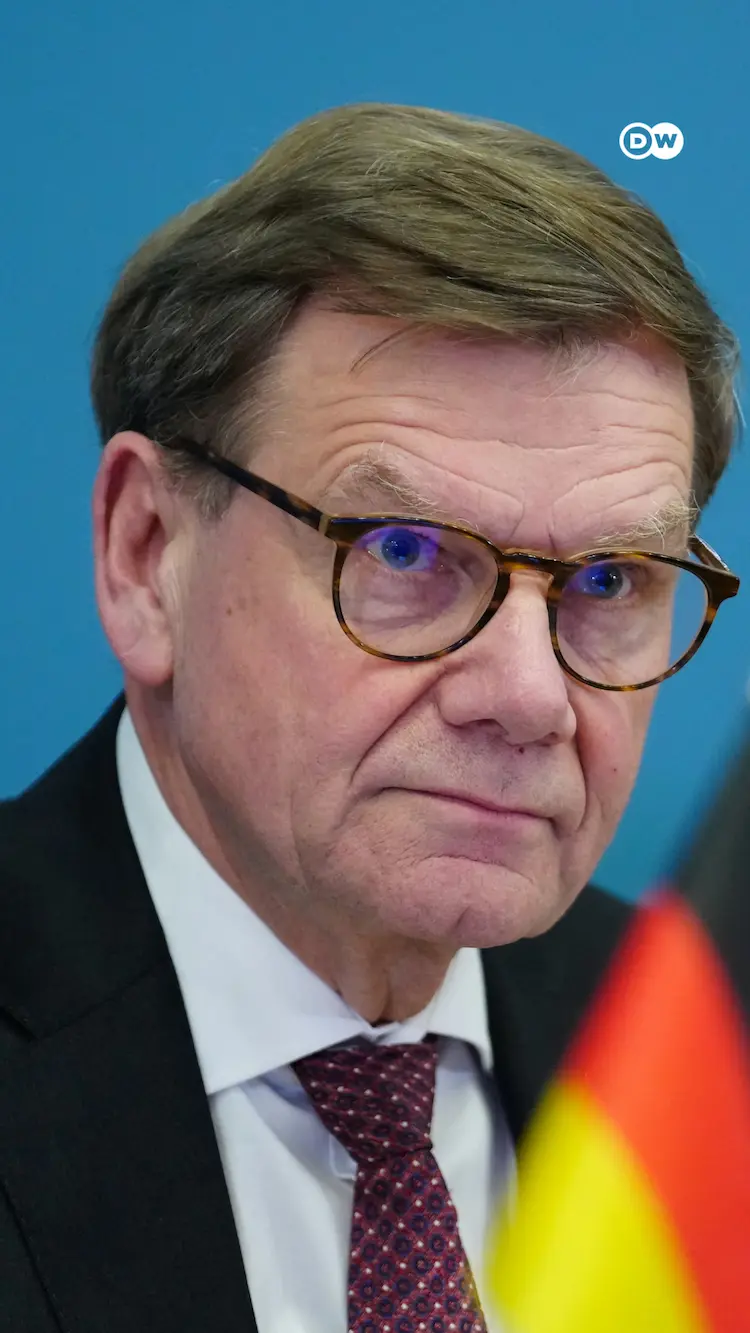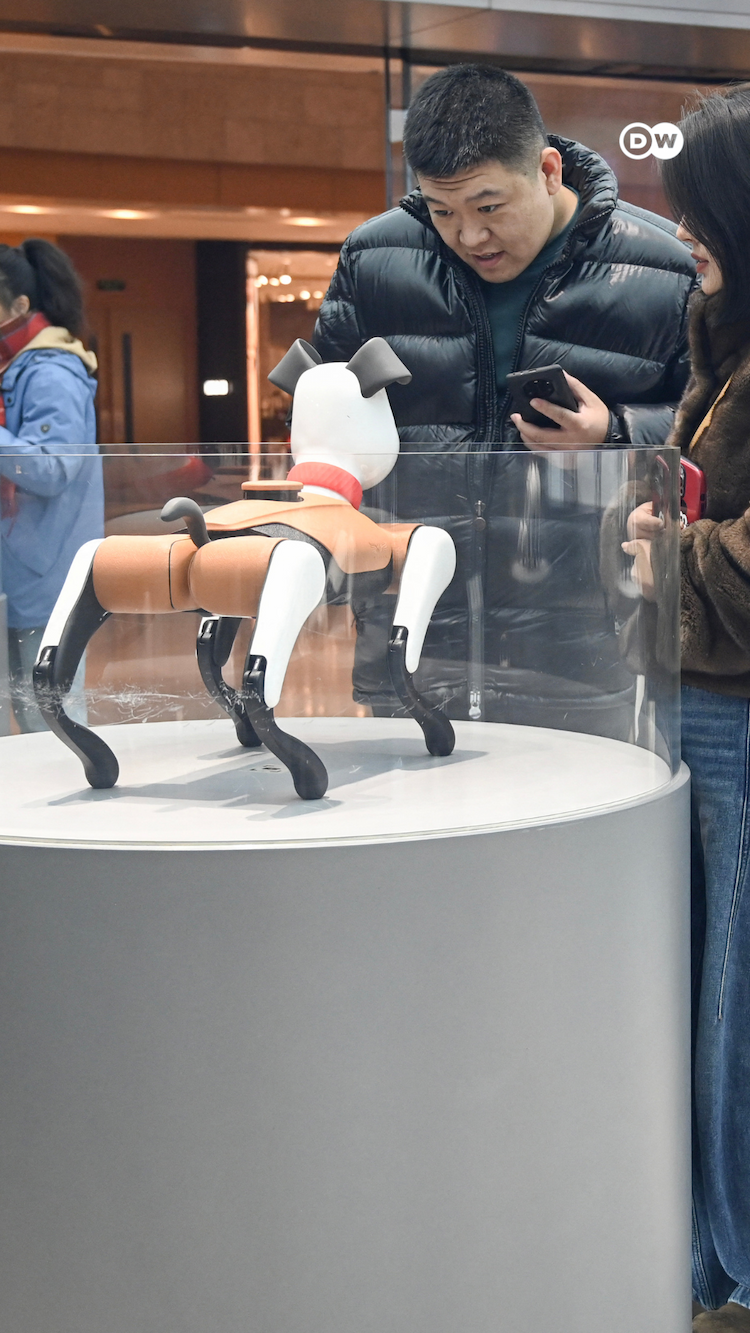Germany’s biggest ammunition factory
In the quiet northern village of Unterlüß, something monumental is taking shape. Germany is pouring €500 million into constructing what will soon be Europe’s largest ammunition plant.
Run by Rheinmetall, the country’s leading arms manufacturer, the sprawling site—stretching over two football fields—will generate 500 jobs and produce weapons not just for German forces, but also for NATO allies and, crucially, Ukraine.
More than a factory
This isn’t just about scale; it’s about symbolism. Since Russia’s full-scale invasion of Ukraine in 2022, Berlin has gone from reluctant spender to one of Europe’s biggest defence investors.
The new Rheinmetall plant will roll out artillery shells, armoured vehicles, and heavy weaponry, putting Germany firmly at the centre of Europe’s security efforts. The message couldn’t be clearer: Germany intends to be a cornerstone of NATO’s defence backbone.
Dividing opinion
But not everyone is applauding. Supporters argue that Germany is finally stepping up—strengthening NATO when artillery has proved decisive in Ukraine’s battlefields. Rheinmetall’s booming revenues, up 36% in 2024 alone, only reinforce the point.
Critics, however, warn of an overreliance on the arms industry. Could this tilt Germany towards a cycle of permanent militarisation? And what if the next decade is defined more by peace than by war?
Identity in transition
For Rheinmetall, the factory is both profit and principle. Executives insist Germany has a duty to bolster European security. But for the nation, the shift is even deeper—signalling a move from postwar caution to a more assertive military identity.
The bigger picture
Step back, and this is about more than one factory. It’s about how Germany defines its role in a turbulent world, and how much of its future it is willing to anchor in defence. For a country long defined by restraint, the balancing act between military strength and caution is only just beginning.
Video Partner: DW









